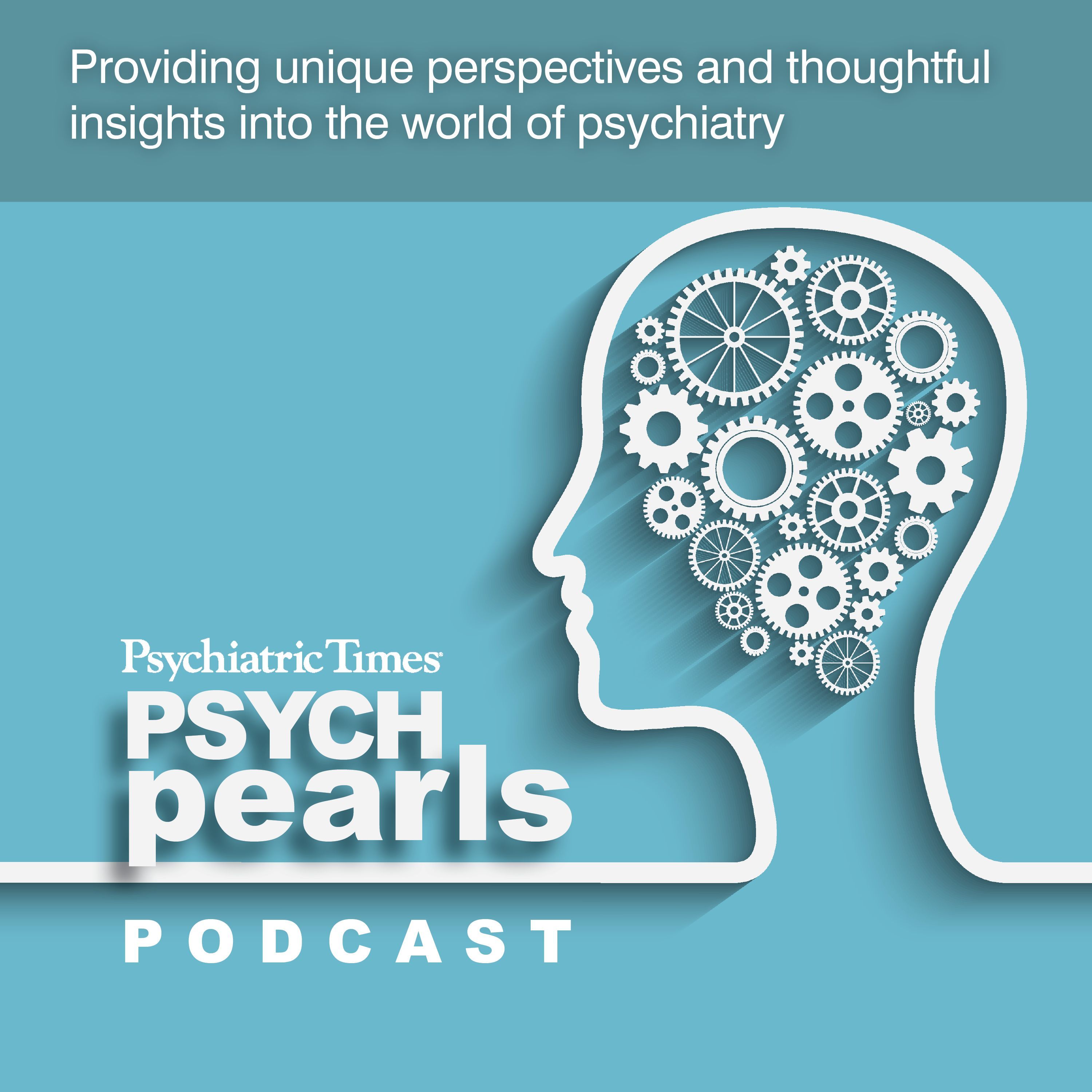News
Video
Addressing Cognitive Impairment in Schizophrenia: Insights From Amir Etkin, MD, PhD
Author(s):
Alto Neuroscience pioneers drug development for cognitive impairment in schizophrenia, targeting biomarkers to enhance treatment precision and patient outcomes.
Amir Etkin, MD, PhD, the CEO of Alto Neuroscience, discusses the unaddressed issue of cognitive impairment in schizophrenia, and how Alto's treatment in development could be a solution for patients in need.
"It is hard to to really understate how important and how impactful this kind of outcome is. Cognitive impairment is massive. It is highly prevalent within schizophrenia. These individuals are about a standard deviation and a half below healthy in terms of their cognitive functioning, and this has a tremendous negative effect on their ability to hold a job, to hold relationships, and to just take care of the things that they need to take care of every day," said Etkin.
Alto recently announced positive results from an independent, prospective replication study showing that an EEG measure, theta-band inter-trial coherence, distinguishes individuals with schizophrenia from healthy individuals and correlates significantly with cognitive performance.1,2
Despite cognitive impairment is one of the most disabling and persistent features of schizophrenia, there are currently no FDA-approved treatments for this symptom cluster. Existing medications predominantly address positive symptoms, such as hallucinations.
The discovery of a validated, objective biomarker that directly links to cognition could pave a way forward to derisk drug development.
Importantly, these findings strongly support Alto’s use of theta-band ITC as a primary outcome measure in its ongoing phase 2 study of ALTO-101, a novel transdermal PDE4 inhibitor in development for cognitive impairment associated with schizophrenia. If successful, ALTO-101 could become the first therapy aimed specifically at improving cognition in schizophrenia.
Etkin emphasized the importance of precision medicine in psychiatry: "Without taking that critical step of knowing that you are impacting the right biology, you are flying blind, and that, unfortunately, has been the history of our field. That is why a lot of drugs have failed and and why a precision approach is so critical to take, as we are doing in this trial."
Dr Etkin is cofounder and CEO of Alto Neuroscience, and a professor of psychiatry and behavioral sciences at Stanford University.
References
1. Alto Neuroscience announces robust replication of EEG biomarker to objectively identify patients with cognitive impairment in schizophrenia. News release. September 9, 2025. Accessed September 9, 2025. https://investors.altoneuroscience.com/news/news-details/2025/Alto-Neuroscience-Announces-Robust-Replication-of-EEG-Biomarker-to-Objectively-Identify-Patients-with-Cognitive-Impairment-in-Schizophrenia/default.aspx
2. Kuntz L. Theta-band responses: the EEG biomarker to objectively identify patients with cognitive impairment in schizophrenia. Psychiatric Times. September 9, 2025. https://www.psychiatrictimes.com/view/theta-band-responses-the-eeg-biomarker-to-objectively-identify-patients-with-cognitive-impairment-in-schizophrenia
Newsletter
Receive trusted psychiatric news, expert analysis, and clinical insights — subscribe today to support your practice and your patients.





